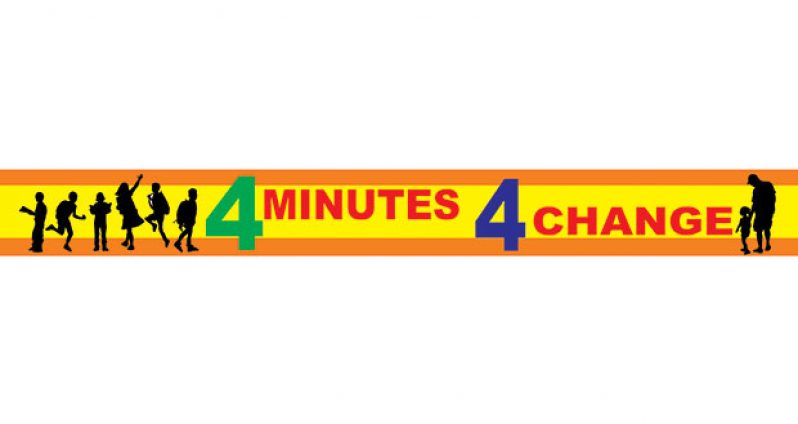Some things you may not know about child abuse
SO August school vacation is here, and the children are home; you can see them everywhere you turn: some attending summer camps and summer schools; some riding their bicycles, or just hanging out with friends; and some walking about the market places selling seasoning, pears or other vegetables and goods.Did you know it is against the law for children to be ‘selling’, and that this is a form of child abuse? Parents are meant to work to provide the necessities for their children, not the other way around. If a parent is having a hard time and cannot cope financially, there is public assistance available, and there are other official means and methods by which families in need can receive help.
Did you know that a person has both a legal and moral obligation to report suspected child abuse? This can be done through the Child Care and Protection Agency, or through the police.
Many adults who may observe or have the notion that something is not right in a family or with a child decide to play it safe and ignore their suspicions. Children suffer because adults fail to take action on their behalf. It is an offence under the Protection of Children Act 2009 for an adult to have knowledge of a child being abused and fail to report this to the authorities.
Did you know it is an offence for anyone to have sexual activity with a child under the age of 16 years old? If a person touches a child in a sexual way, or causes a child to touch someone else in a sexual way, that is sexual abuse, and is punishable by law. Sexual abuse offenders are liable (on summary conviction) for up to ten years’ imprisonment.
Some parents encourage their underage children to partake in sexual activities for money or kind, and some parents are even the perpetrators of these heinous acts against their children. Under the Protection of Children Act 2009, parents who assist in abusing, or abuse, children in this way can be prosecuted and imprisoned.
Did you know that there are different types of child abuse? Some are more apparent than others. Emotional abuse is when an adult threatens or belittles a child, or when the adult berates a child’s capabilities, appearance or qualities.
Psychological abuse is another abuse that tends to go unnoticed; it is when an adult refuses to listen to a child, makes fun of a child and/or makes the child do degrading things. This type of abuse can affect a child internally. It can make him/her lack confidence and self-esteem, negative traits which they may carry into adulthood.
So be aware of the law: don’t send your children on the road to ‘sell’ during their school vacation. You can go to prison if you know or think that a child is being abused but fail to tell the police or the Child Care and Protection Agency. The hotline number of this agency is 227-0979. You don’t have to give your name or address in reporting the abuse; you can remain anonymous if you wish.
Do all you can to protect your children from sexual, emotional, or psychological abuse. Care for them the best way you can, especially during the holidays. DON’T PUT YOUR CHILD AT RISK.
Parenting tip: Children will follow your example, not your advice. Write to us at childcaregy@gmail.com
This message is from the Child Care and Protection Agency of the Ministry of Social Protection.











